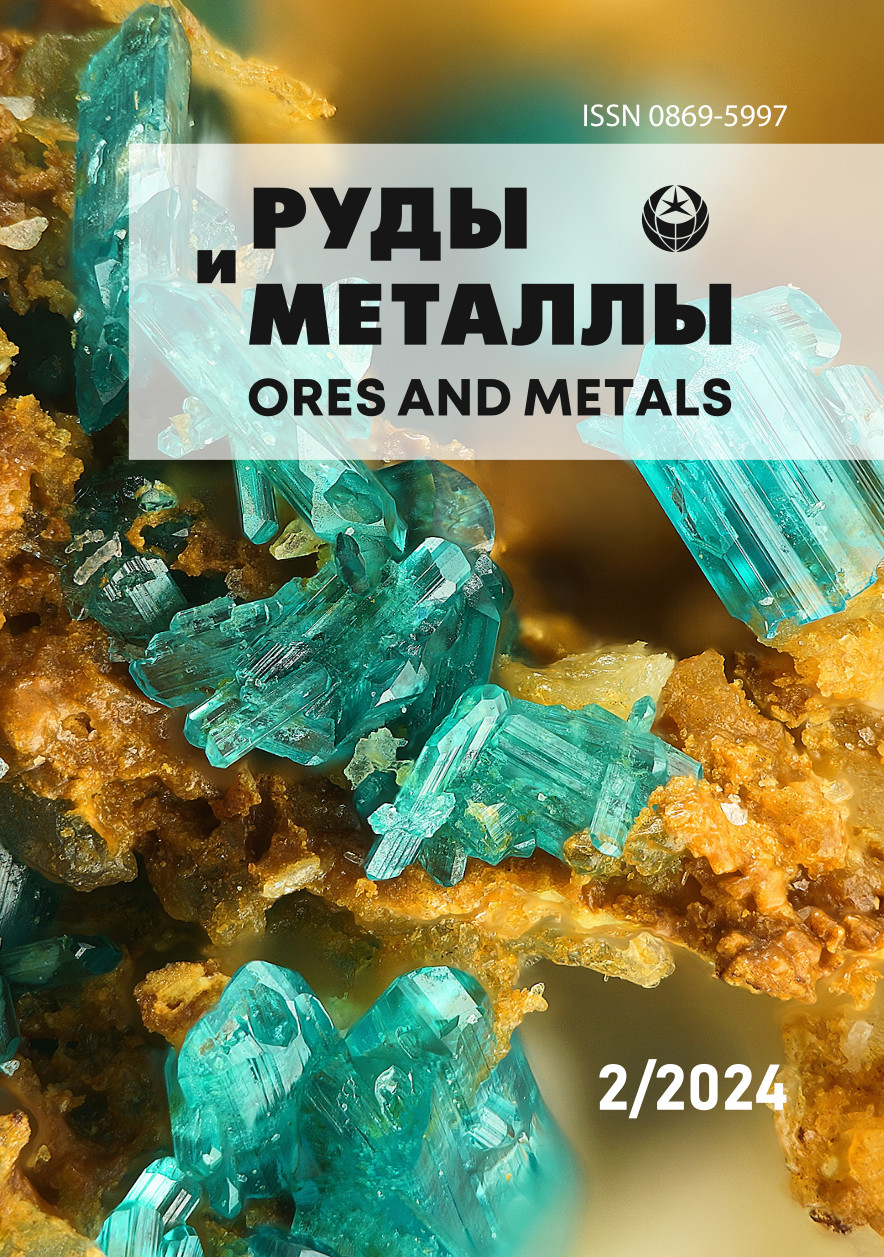Diagnostic features of rutile and cassiterite from heavy mineral concentrate samples, according to the IR microscopy data
DOI: 10.47765/0869-5997-2024-10010
Keywords:
FT-IR microscope, infrared spectroscopy, absorption band, spectral line, vibrations, wave number, rutile, cassiterite, minerals, impurities, hydroxyl groups, structural defects, diagnosticsAbstract
Based on the study of rutile and cassiterite grains, using Fourier transform infrared microscopy, a new method for their determination in heavy mineral concentrate samples has been developed. The natural vibrations of the crystal lattice of these minerals are predominantly inactive in the infrared spectrum, which complicates their identification. Rutile is proposed to be determined by the absorption band ~ 1062 cm-1; and cassiterite, by the lines 1059–1065, ~ 1130, 1217–1220, and 1366–1373 cm-1. The characteristic absorption bands in the region of 3200–3400 cm-1, associated with vibrations of OH defects in the crystal lattice of these minerals, have been shown to be of particular importance for the diagnosis of rutile and cassiterite. Structural hydroxyl groups in the spectra are manifested in rutile by a line at about 3279–3283 cm-1; and in cassiterite, by lines at about 3254–3259 cm-1, ~ 3343 and ~ 3377 cm-1.


